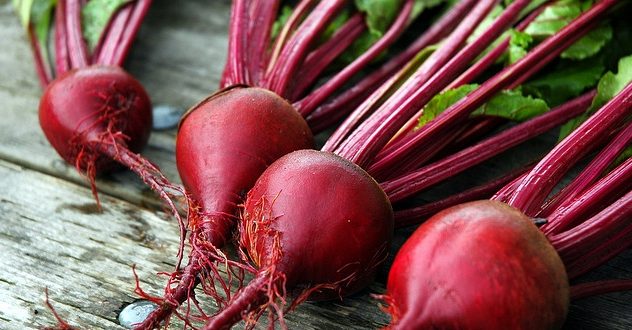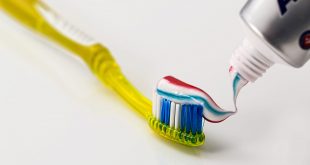By Allen Bryan
Most people despise beats as a vegetable, but what people do not fully understand is the health benefits of beets. Not only are they full of essential everyday nutrients such as vitamin B, iron, manganese, copper, magnesium, and copper, but when put into the right recipes, they can taste wonderful. Beets have a variety of nutrients that can be more difficult to get in most other foods.
One of the best aspects of beets is that they lower blood pressure. Beets contain nitrates that convert to nitric oxide, which relax blood vessels allowing them to quickly transport nutrients throughout the body. The lower blood pressure also assists in developing oxygen rich blood. Beets are also rich in a plant alkaloid called betaine as well as vitamin B, which work together to lower homocysteine, an amino acid from meat that in high levels can lead to artery damage and heart disease. Beets even help reduce the amount of fat in your liver using betaine, an amino acid that helps to detoxify enzymes in your bloodstream. Furthermore, a class of potent antioxidants and anti inflammatories called betalains are found in beets, which help reduce the risk of getting common illnesses, diabetes, and even cancer.
Beets also improve your physical strength and stamina. When athletes urinate in a cup right before a competition, the urine can sometimes be found to be a light shade of red, a symptom from eating beets. Athletes eat lots of beets because the nitrates found in them have been found out to provide better endurance. In a study, cyclists who drank beet juice could pedal 15% harder than those who didn’t. A study author, Andy Jones, said that it took “3-5 beets to see a performance boost”. Finally, because beets help blood flow, they assist the flow of blood to our brains, allowing us to work harder and better.
Though beets do so many wonderful things for our bodies, there are also some side effects from eating beets. Beets have been known to cause low calcium levels and liver damage. However, these symptoms only occur if you eat an excessive amount of beets. Even so, many other foods in our everyday diets contain calcium, such as milk, yogurt, and cheese. The loss of vocal chords after drinking beet juice has been heard of, yet is not scientifically proven to be the cause. Also, there is the chance of stomach aches and diarrhea that go along with eating or drinking beets. Any food when eaten in excess can cause unwanted symptoms, so just knowing when enough is enough is important.
Though there are a few minor side effects of beets that can be easily removed through moderation, the positive effects from eating them definitely outweigh the negatives. They give you a great health boost that can contribute to a healthy diet.
 Tempus Magazine By Students, For Students
Tempus Magazine By Students, For Students 



